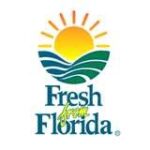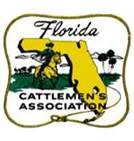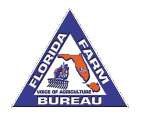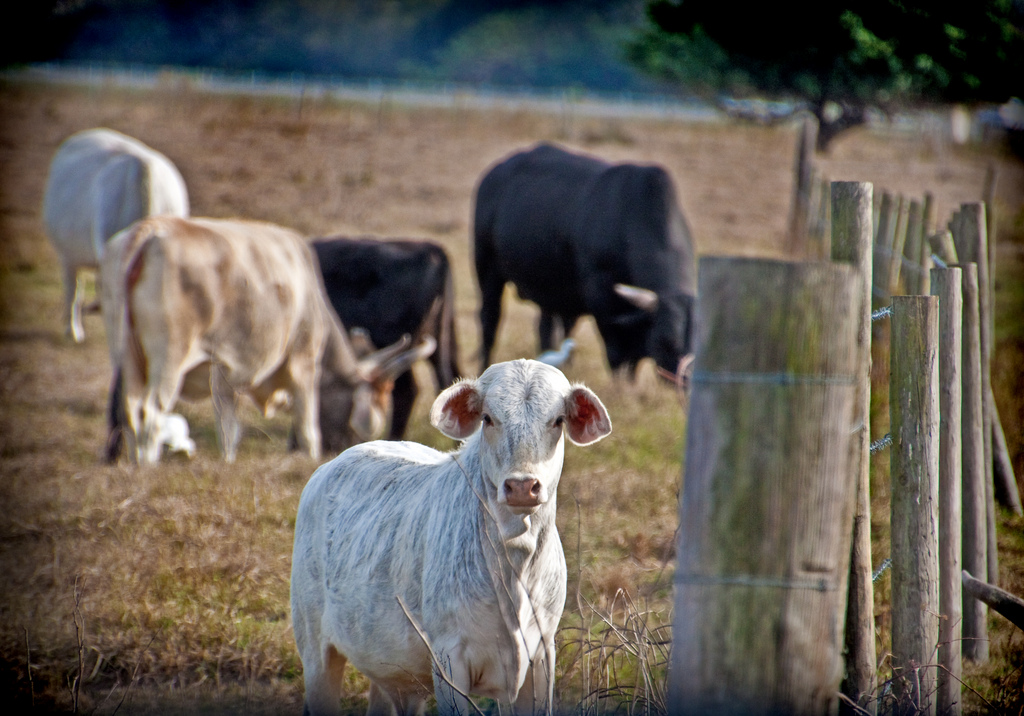Farmers and Ranchers’ Role in Protecting Florida’s Water Quality
Agriculture has been in the spotlight for many years for environmental problems. It seems we always have to defend our way of life to prevent government intrusion and/or taxation. Most of this is greatly due to people that do not understand agriculture moving into this great state and becoming vocal at political levels.
We as Florida cattlemen know that we are the best stewards of the land and we try to do what is best for the environment, but for most folks that is not enough. Commissioner Putnam has stated that “water policy is the most important long-range issue facing not only agriculture but all of Florida.” This is a good reason that you may want to consider Water Quality Best Management Practices (BMPs) through the Florida Department of Agriculture.
As farmers and ranchers know, one of Florida’s greatest resources is water. Florida’s ranchlands help protect the open space needed to filter pollutants and recharge our ground water. The Florida Legislature established BMPs that were adopted by the Florida Department of Agriculture and Consumer Services (FDACS) as the means to address agricultural impacts, rather than more additional permitting requirements. BMPs are an important non-regulatory tool for Florida ranchers to ensure their lands remain environmentally friendly.
The majority of most ranchers in Florida are already implementing certain BMPs by the way they manage their operations. BMPs are practical, cost effective actions that reduce the amount of pollutants entering our water resources. Although BMPs are designed primarily to protect water quality, they also have conservation benefits. BMPs for beef cattle are a specific set of practices used by ranchers to reduce the amount of soil, nutrients, pesticides, and microbial contaminates entering surface and groundwater while maintaining or improving the productivity of agricultural land. Some examples of BMPs are taking soils, and in some cases tissues, test when you fertilize. With the price of fertilizer, you do not want to waste it. Keep your feed bunk and mineral box at least 100 feet from sensitive areas. If available, install water troughs to draw cattle out of the creeks and streams. These are just a few practices that help improve water quality. It is not designed to make you jump through hoops. They are just simple practical management tips to improve quality.
Enrolling in BMPs can really be an asset to your operation. Further according to state law it gives you a presumption of compliance for water quality standards. Which means in the future, the Department of Environmental Protection may be required to test waters coming in or off one’s property for certain pollutants to meet numeric criteria’s for Total Daily Maximum Loads (TMDLs) of certain pollutants. With your enrollment with FDACS BMPs, you will be considered to be in compliance by state law.
When talking with one of our field staff, make sure you inquire about different cost share programs that are available to help you implement BMPs as well as enhance the quality of your operation. One of the biggest questions we receive with this being another government program: Is this going to allow an open door for government agencies to come onto your property? The simple answer is “NO.”
Florida farmers and ranchers have already enrolled 3.5 million acres of their own lands into FDACS BMPs. That means you will not be alone. It is a great opportunity to give Florida’s agriculture another leg to stand on when it comes to defending our lands and quality way of life. The Office of Agricultural Water Policy is here to offer help and assistance for agriculture producers. Join the thousands that have already enrolled and let’s keep agriculture in the positive spotlight.
Let us get you enrolled. You can get more information at www.floridaagwaterpolicy.com or contact me directly with any questions.
| Water Quality BMPs is Endorsed By: | ||||
  |
  |
  |
  |
  |
CREDIT
article by MATTHEW WARREN,
Florida Department of Agriculture, Office of Agriculture Water Policy.
Contact Matt at (863) 773-2164 or email Matthew.warren@freshfromflorida.com.

